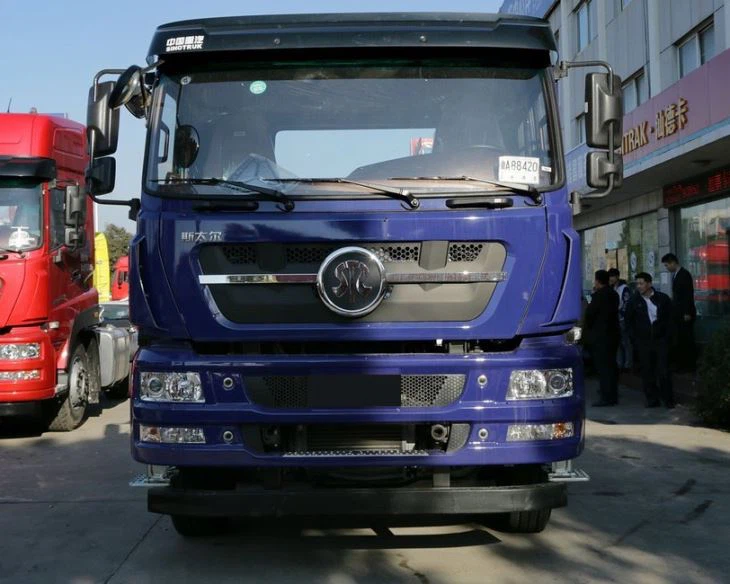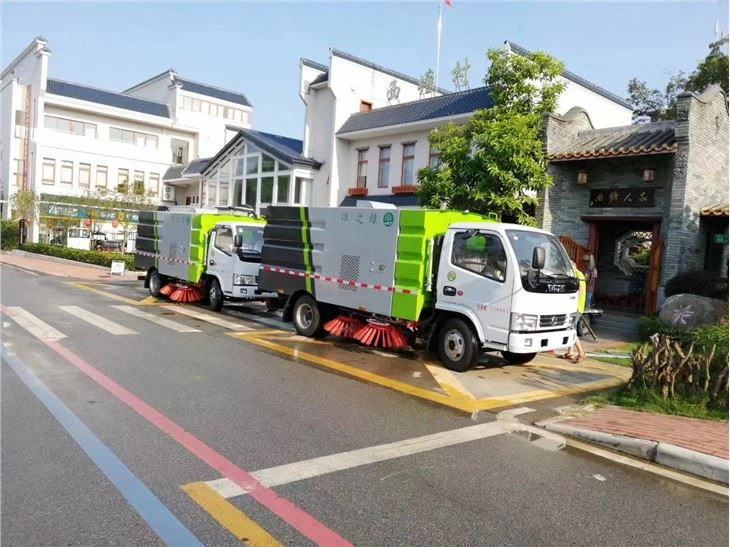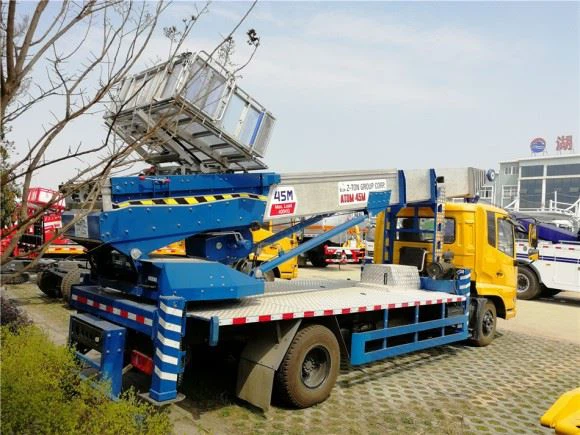When it comes to maintaining infrastructure, delivering services, and performing specialized tasks, vactor trucks are indispensable for municipalities, contractors, and various industries. These powerful machines are equipped for vacuuming and cleaning sewers, catch basins, and other applications. In this article, we explore everything you need to know about new vactor trucks for sale, from types and features to buying tips and best practices. Whether you’re looking to upgrade your fleet or invest in a new unit, this comprehensive guide has got you covered.
Understanding Vactor Trucks
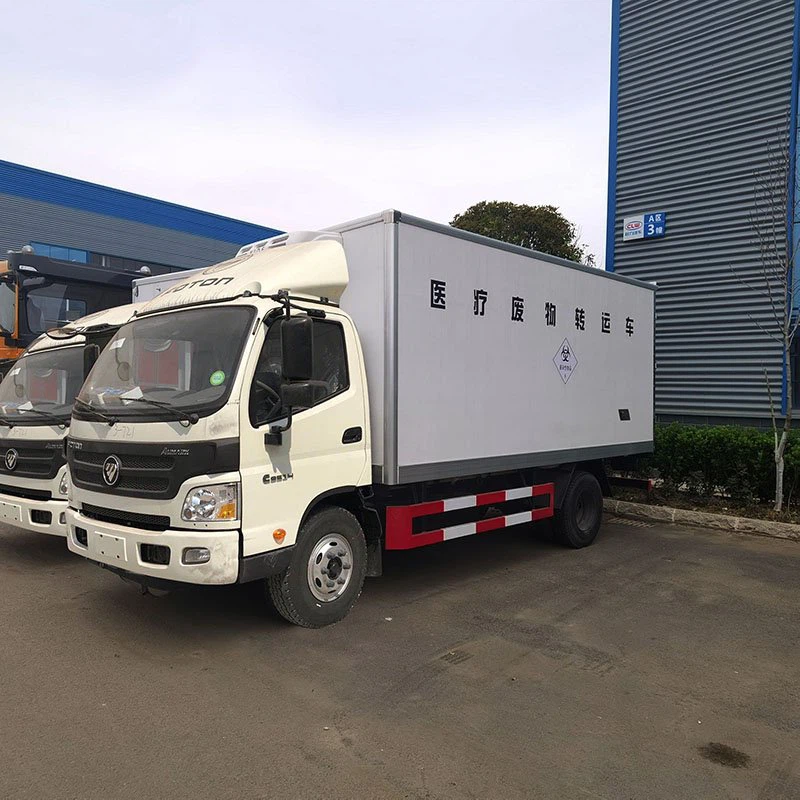
Vactor trucks, also known as vacuum trucks or sewer trucks, are designed for heavy-duty cleaning tasks. They utilize a combination of suction and high-pressure water jets to clear debris, sludge, and heavy materials from pipes and drains. These trucks are essential tools for maintaining municipal sewage systems, in industrial applications, and for environmental clean-up projects.
Key Components of Vactor Trucks
1. Vacuum System
The vacuum system is the heart of the vactor truck. It creates a strong suction force that allows the truck to effectively remove debris from various surfaces. This system typically includes a vacuum pump and a storage tank for collected materials.
2. Water System
Vactor trucks have an onboard water system that powers the high-pressure jets used for cleaning pipes and surfaces. This system includes a water tank, pump, and multiple hose configurations for different cleaning tasks.
3. Controls and Operator Interface
Modern vactor trucks come equipped with user-friendly controls that allow operators to manage the vacuum and water systems with precision. Many trucks feature digital displays that provide real-time information about tank levels and system performance.
Types of Vactor Trucks Available
When searching for new vactor trucks for sale, it’s essential to understand the different types available to find one that suits your specific needs. Here are some common types of vactor trucks:
1. Combination Vactor Trucks
Combination trucks feature both vacuum and jetting capabilities, making them versatile for various tasks. They can efficiently clean sewers, catch basins, and storm drains.
2. Vacuum Only Trucks
Vacuum only trucks are designed specifically for suction applications. They are ideal for cleaning out tanks, pits, and other spaces with solid or liquid waste.
3. Jetting Only Trucks
Jetting trucks are equipped solely for high-pressure water jetting applications. They are effective for clearing blockages and flushing out lines, often used in plumbing and drain cleaning services.
4. Specialty Vactor Trucks
Some manufacturers produce specialty trucks designed for specific tasks, such as hazardous material control or excavation processes. These trucks come with unique features tailored for niche applications.
Factors to Consider When Buying New Vactor Trucks
Choosing the right vactor truck involves multiple considerations to ensure you get the best value for your investment. Here are key factors to evaluate:
1. Size and Capacity
The size of the truck, including its payload capacity, is vital. Depending on your work volume, you might prefer a larger unit that can handle more debris without frequent trips. Consider both length and weight limits based on your operational requirements.
2. Engine Type and Efficiency
Choose an engine that meets your power needs while offering fuel efficiency. Diesel engines tend to provide better torque and power, which is beneficial for heavy clogs and deep cleaning.
3. Accessories and Add-ons
Many vactor trucks come with optional accessories that enhance functionality. Look for features such as extendable hoses, additional nozzles, or automatic controls that can make operations more efficient.
4. Manufacturer Reputation
Research manufacturers thoroughly. A reputable manufacturer will offer quality builds, reliable performance, and excellent customer service. Check reviews and test cases from other users to heighten your understanding.
5. Price and Financing Options
New vactor trucks represent a substantial investment. Compare prices, explore financing options, and consider leasing as an alternative if cash flow is a concern. Investigate warranties and service contracts that come with your purchase.
Where to Find New Vactor Trucks for Sale
Knowing where to look for purchasing your new vactor truck can save time and trouble. Here are some reliable sources:
1. Authorized Dealers
Going through authorized dealers ensures certified units and trustworthy service. They often provide good after-sales service and warranties.
2. Online Marketplaces
Websites like Truck Paper and Commercial Truck Trader allow buyers to browse multiple listings to compare prices and features, making it easy to find the right truck.
3. Manufacturer Websites
Always check the official websites of manufacturers who produce vactor trucks. Many offer direct sales or can guide you to local dealers.
4. Auctions and Government Sales
Government agencies occasionally sell surplus equipment through auctions. You can find good deals on vactor trucks at these events.
Maintenance Tips for Vactor Trucks
Owning a vactor truck involves a commitment to regular maintenance to ensure longevity and reliability. Here are basic maintenance tips:
1. Regular Inspections
Schedule periodic inspections to check critical components, including the vacuum system, engine, and safety features. Early detection of issues can prevent costly repairs down the line.
2. Cleaning the Tank
Empty and clean the waste tank regularly. Residual materials can cause corrosion and reduce the efficient functioning of the truck.
3. Lubrication
Proper lubrication of moving parts is essential for preventing wear and tear. Follow the manufacturer’s guidelines for maintenance schedules and recommended lubricants.
4. Monitor Fluid Levels
Frequently check fluid levels, including coolant, oil, and hydraulic fluid. Ensuring that levels are optimal is critical for performance.
Examples of New Vactor Trucks on the Market
| Brand | Model | Engine Type | Tank Capacity | Approximate Price |
|---|---|---|---|---|
| Vactor | K7500 | Diesel | 3,200 gallons | $400,000 |
| X3 Vactor | X5 | Gas | 2,000 gallons | $250,000 |
| Elgin | Whirlwind | Diesel | 3,000 gallons | $380,000 |
Frequently Asked Questions (FAQ)
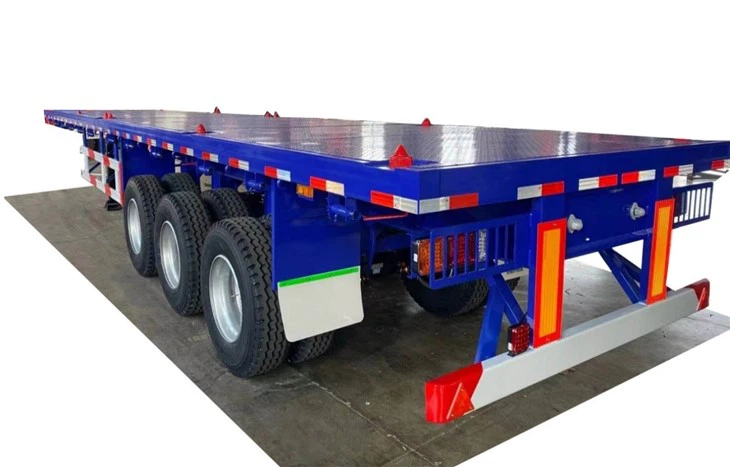
1. How long do vactor trucks last?
With proper maintenance, vactor trucks can last between 10 to 15 years. Regular servicing and care are vital for extending their lifespan.
2. What is the average cost of a new vactor truck?
The average cost for new vactor trucks ranges from $250,000 to $500,000, depending on the model, features, and specifications.
3. Can I customize my vactor truck?
Yes, many manufacturers offer customization options, allowing you to tailor the truck’s features based on your specific needs and requirements.
4. What should I look for in used vactor trucks?
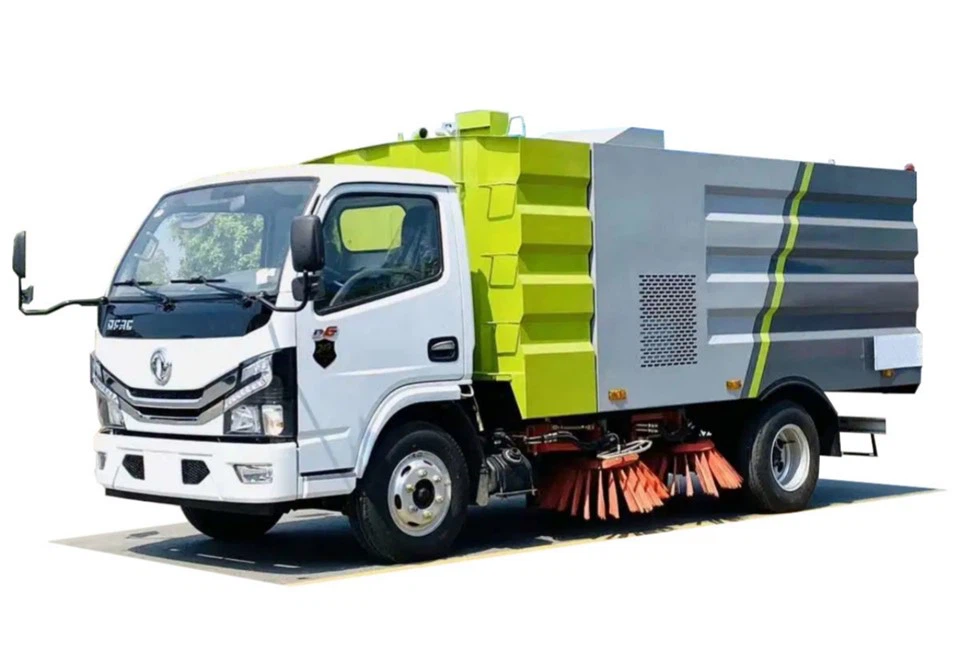
When buying used vactor trucks, check the condition of the engine, the vacuum and water systems, and any repair history. A thorough inspection is essential.
5. Are there financing options available for vactor trucks?
Yes, most dealerships offer financing options, including loans and leasing programs, to help buyers manage the cost of purchasing new equipment.
6. What types of industries use vactor trucks?
Vactor trucks are widely used in municipal services, construction, industrial work, environmental services, and any operation requiring material removal and waste disposal.


